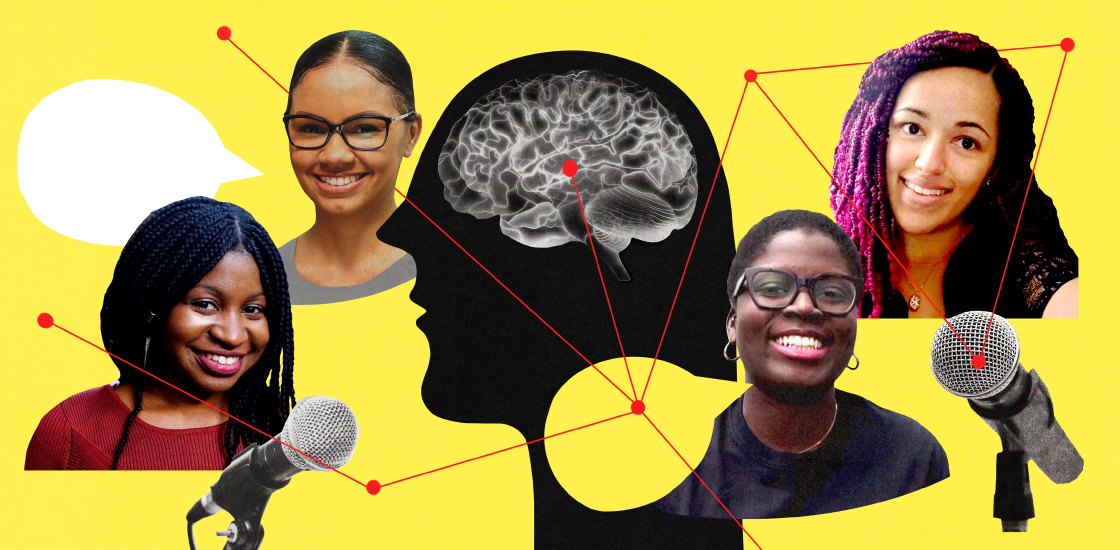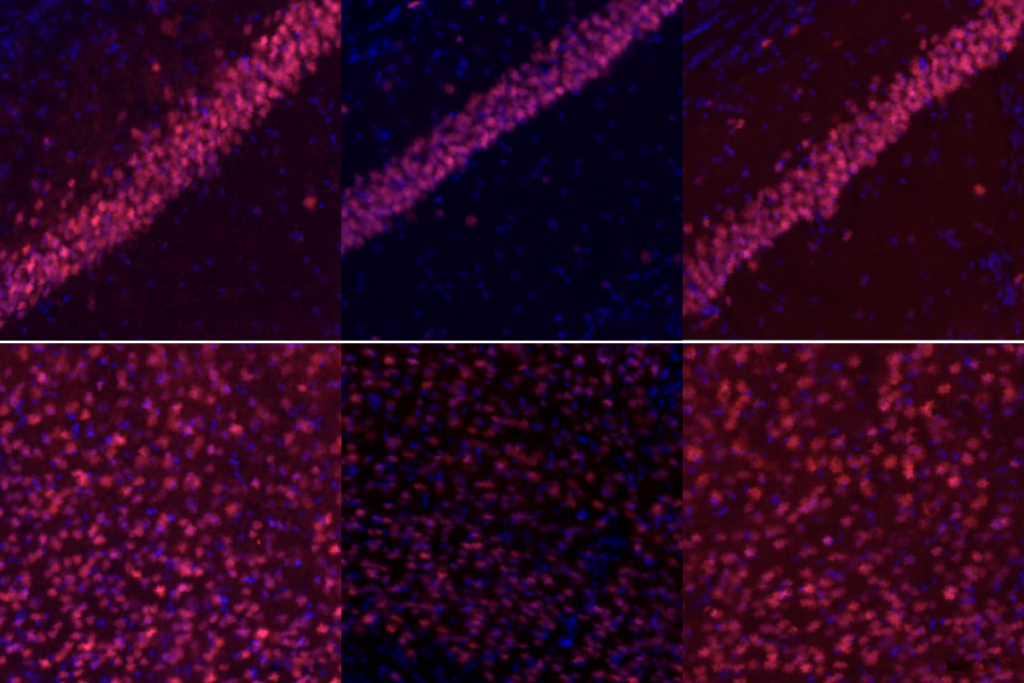What it’s like to be a Black autism researcher
Spectrum spoke to four Black autism researchers about what it’s like to be in a field that’s overwhelmingly white, how police violence against Black people has affected them, and the joy of finding one another in ‘Black In Neuro.’

Autism research is an overwhelmingly white field — one in which Black researchers say they experience both overt and covert racism.
This summer took an especially heavy toll on many scientists of color as protests erupted in response to the deaths of George Floyd, Ahmaud Arbery, Breonna Taylor, Rayshard Brooks, Jacob Blake, Daniel Prude, and other victims of police violence.
Spectrum spoke with four Black women who are autism researchers — Mary Agyapong, Desi Jones, Cliona Kelly and Termara Parker — about their experiences leading up to and during this past summer, and what they hope will happen next.
You can read the transcript for this episode here.
Recommended reading

Post-infection immune conflict alters fetal development in some male mice

In-vivo base editing in a mouse model of autism, and more
Explore more from The Transmitter

Neuro’s ark: Spying on the secret sensory world of ticks

Lack of reviewers threatens robustness of neuroscience literature

